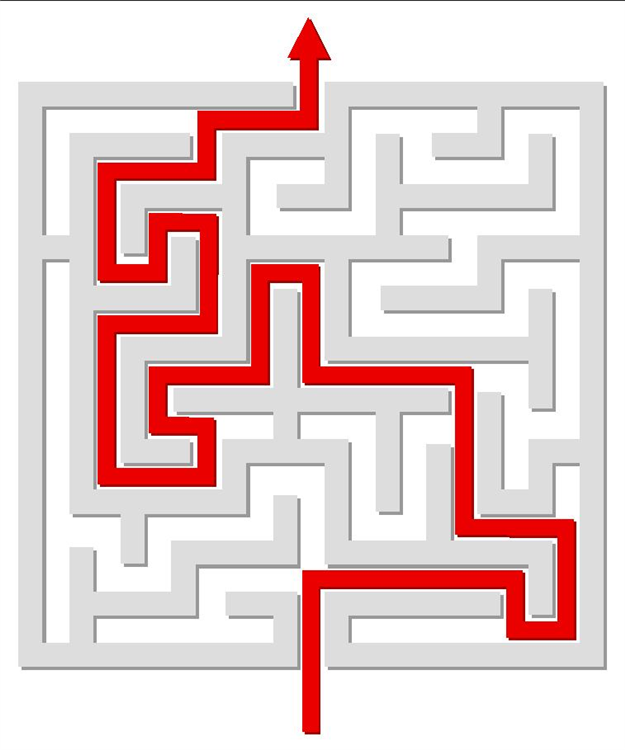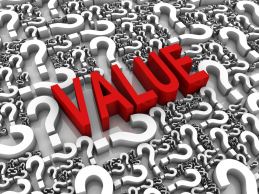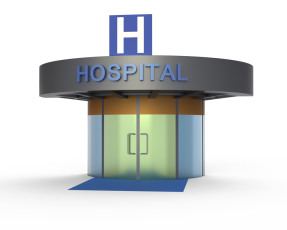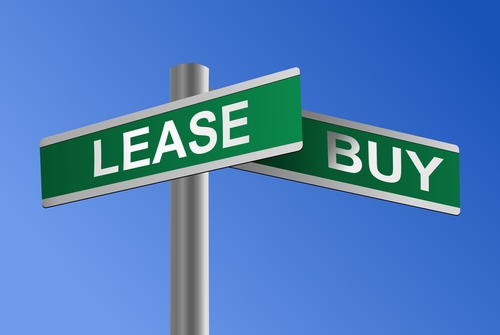Leasing companies are typically highly profitable businesses, and most companies which lease the equipment – lessees – believe that they are getting a sweetheart deal. Both things can’t be true and the fact is that most lessees pay more for leased equipment than they expect – or even realize. The typical lease versus buy analysis performed by lessees assumes that the only cost of leasing is the regular-term committed payments and does not include any additional costs. This view of equipment leasing is driven largely by the assumption that the lessee can and will return all of the leased gear on time at the end of lease with no additional costs. If that were so, most leases would always be a darn good deal. However, returning equipment is frequently much more difficult than expected leading to extensions and other costs.
Read More
Topics:
Stories from the Front Lines
The term “fair market value” seems straightforward enough, but it doesn’t offer much definition from a legal standpoint—a reality that can come as quite a shock to lessees when they receive “fair market” valuations that are much higher than what the equipment would actually cost to purchase on the open market.
Read More
Topics:
Fair Market Value,
Equipment Leasing,
end of lease options
Equipment leasing is an appealing equipment financing method for many enterprises, but it involves substantial risks if not managed properly.
Read More
Topics:
Fair Market Value,
Equipment Leasing,
Lease Agreement,
Lease vs Buy,
leasing,
end of lease options,
interim rent
Equipment "fair market value” (FMV) is an ambiguous term that only finds definition within the terms of the equipment lease agreement. So it’s a mistake to assume that simply because a lease allows purchase or extension for “fair market value” that the value is mutually understood without further definition.
Read More
Topics:
Fair Market Value,
Equipment Leasing,
Lease Agreement,
end of lease options
Lease rates are obviously a primary driver of lease performance, but the contract terms of the lease agreement are often what actually makes or breaks the lease's performance. Yet, all too frequently, lessees make easily avoidable lease agreement mistakes that can dramatically escalate their lease cost.
Read More
Topics:
Equipment Leasing,
Lease Agreement,
Lease vs Buy,
end of lease options
The inherent risk in equipment financing is often under appreciated by enterprises as they conduct a lease vs. buy analysis, as well as when they compare lessors.
Read More
Topics:
Fair Market Value,
Lease Agreements,
interim rent,
end of lease notice,
Equipment Financing,
equipment return,
lease schedules
In the healthcare industry, medical equipment leasing is often preferred over paying cash or borrowing to procure business-critical equipment.
Read More
Topics:
hfma,
Hospitals,
medical equipment leasing
When making lease vs. buy decisions about equipment procurement, it’s crucial for enterprises to understand how equipment leasing companies earn profit. This knowledge also is indispensable when selecting an equipment leasing company.
Read More
Topics:
end of lease options,
equipment leasing companies
Unless they are traditional capital “rent-to-own” leases, equipment lease agreements usually contain considerable risk for lessees. Identifying these risks and minimizing them through negotiations and operating adjustments are essential elements of an efficient enterprise-wide equipment leasing program.
Read More
Topics:
Lease Agreement,
end of lease options,
end of lease notice,
notice period
Having a well-designed lease versus buy analysis is fundamental to an efficient equipment leasing program.
Read More
Topics:
Lease vs Buy,
lease versus buy











